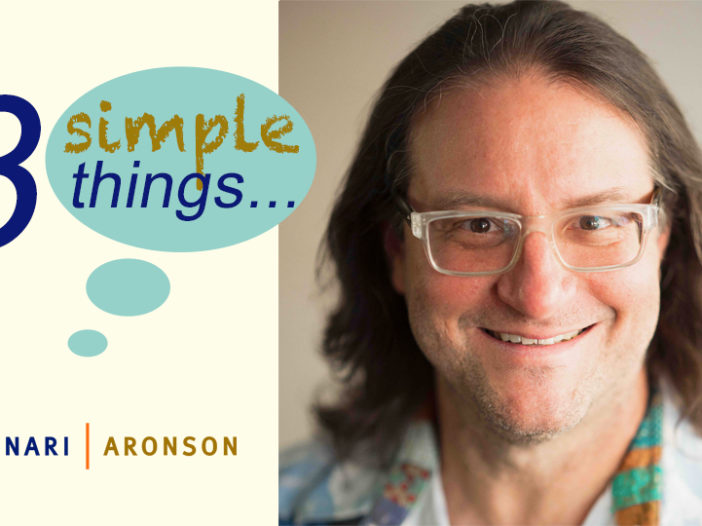
Brad Feld is an entrepreneur, author, investor, board member, keynote speaker (www.authorsinnovators.org), and entrepreneurial advisor to countless early stage companies in a variety of industries for decades. Feld.com
How can promising technology companies and entrepreneurs—especially those not in a healthcare or related space—help with the current crisis?
It’s a tricky question because “how can I help with the current crisis” is multi-dimensional. First, explore the “why.” Why do you want to help? Explore your personal and professional motivation. Get your mind around whether this is a defensive financial dynamic (e.g. “I don’t want my company to fail”), a moral imperative (e.g. “I want the world to be healthy”), a need for personal engagement (e.g. “I’m scared and need to do something”), or something else. There is no right answer here, and there could be several “Whys.”
But, start with the “Why”. If you don’t, you won’t be able to define the What. “What are you going to do?” And you can’t get to the “How” until you have enumerated the “What.”
You have helped so many companies think through their launches and you remember the last global financial crisis—what would you advise company decisionmakers about scaling in challenging times?
Don’t worry about scaling. Right now, your goal should be to make your cash last as long as possible. Your company is likely in one of three categories:
- Your business benefits from the Covid crisis. If this is the case, you should focus on scaling efficiently. For the past few years, companies were rewarded for growth at any cost. It didn’t matter if you spent $5 to get $1 of growth (ok – maybe that was a little sarcastic). However, growth efficiency will matter, so take advantage of the tailwinds since your products or services benefit from the Covid crisis but be efficient about your spending. Basically, be smart and do good business.
- Your business is under duress from the Covid crisis. If your product depends on either (a) people traveling or (b) people going to / working in an office, you are probably screwed right now. There are many other categories that are under extreme duress. Scaling right now is irrelevant. All that matters is survival.
- It is unclear whether your business benefits from or is stressed by the Covid crisis. This is the really difficult category. Immediately pull back on all your variable spending, especially around growth, and refocus incrementally on new experiments to see what works and what doesn’t. Don’t assume that what you were doing will still work going forward. Also, don’t assume that things will fall off a cliff some time in the future. The data is changing so quickly that you need to use short term situational analysis to plan. Annual plans, quarterly plans, and even monthly plans don’t mean anything. Focus on things daily, and reassess at the end of every week.
What three books should entrepreneurs be reading now?
Until about a week ago, my brain was too exhausted to read anything. I’m still watching a bunch of movies (I did the Pandemic series: Contagion, Outbreak, and 12 Monkeys) and TV shows that I missed (We just started Breaking Bad, finally …)
But, if you really want to read, here are my top three for this moment.
- Atlas Shrugged (Ayn Rand). This is in the “it’s complicated” category. I’m not an Ayn Rand Objectivism acolyte, but this remains a powerful book about a variety of topics, including leadership (or lack thereof), individual vs. collective power, public vs. private sector, and catastrophic failure of systems. There’s a lot of noise in the message, and it’s easy to overinterpret messages (including some of the fundamental Objectivism philosophy that I personally disagree with), but it remains thought provoking and seems remarkably relevant for a book written over 60 years ago.
- Station Eleven (Emily St. John Mandel). I read this when it came out in 2014. All I can say is that it was way ahead of its time.
- Searching for Stars on an Island in Maine (Alan Lightman). I read this early in the year, prior to the Covid crisis, and I’ve referred back to it a few times. It helps us understand our place in the universe.




